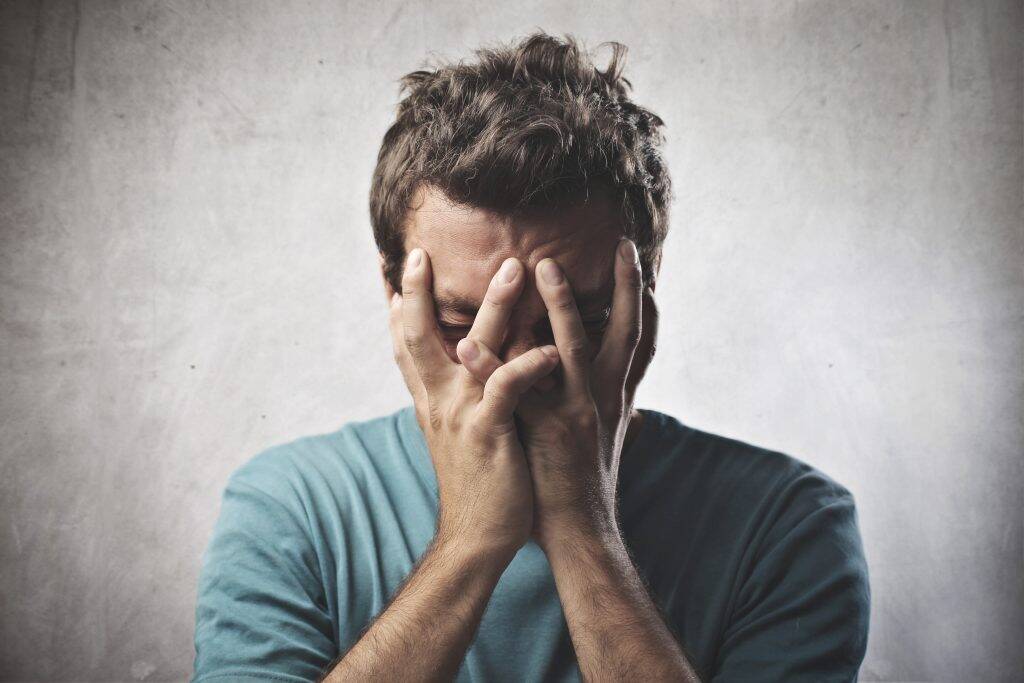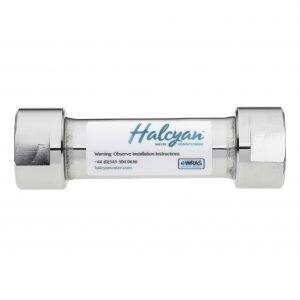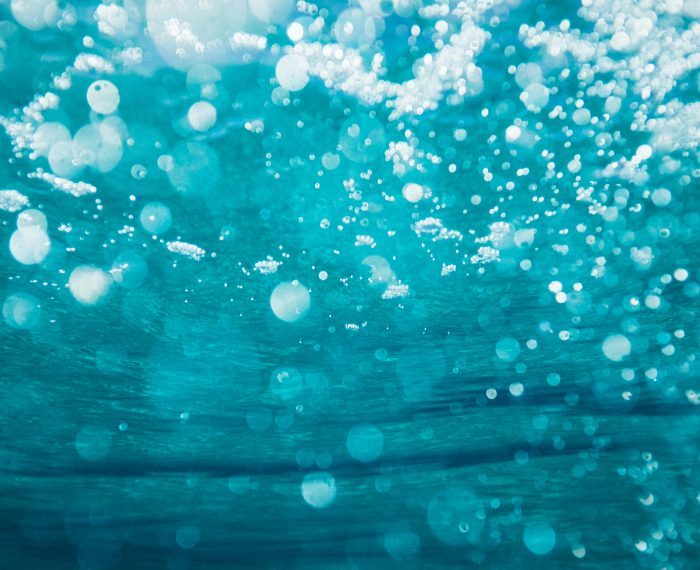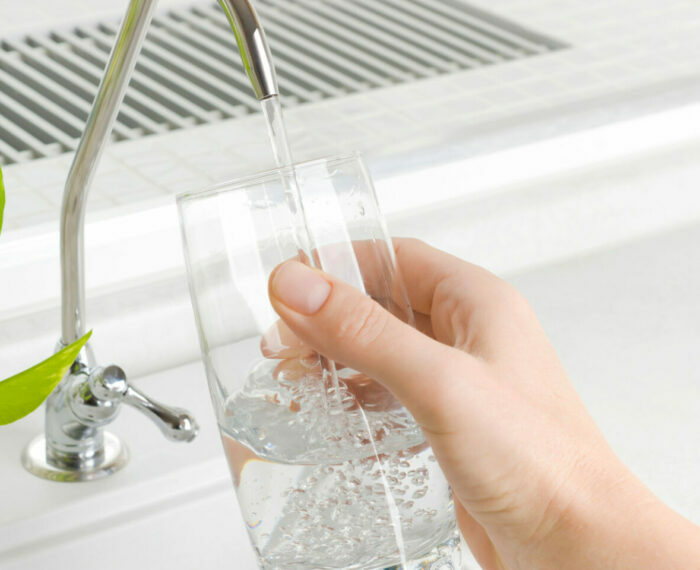Can hard water cause kidney stones? There has been some speculation that hard water, specifically the mineral calcium found in it, has an impact on the formation of kidney stones. In this article we’ll take a quick look at whether there is any truth to this and what it means for water treatment in the home.

What is hard water?
For the purposes of this article we’ll briefly touch on what hard water is. Hard water contains a high level of dissolved minerals, primarily calcium and magnesium. Water is considered hard when the total dissolved calcium is above 60ppm. But why would this cause kidney stones?
What are kidney stones?
Kidney stones are formed when excess waste products crystalise on the walls of the kidney. This is usually because the concentration of these products is high in comparison to the liquid component of urine. After these waste products crystalise they are expelled down the urinary tract where they will cause highly painful blockages. There are a number of different by-products which form kidney stones but the most common is calcium oxalate. It is here that we can see a potential link to hard water.

Is there a link?
So what does the science say about the link between hard water and kidney stones? Can hard water actually cause kidney stones, or perhaps affect their formation? The general consensus is that the impact is minimal.
Several studies have shown that hard water does increase calcium levels in urine, however studies looking at a correlation between hard water areas and the concentration of people suffering from kidney stones found no significant difference between areas with soft water and areas with hard water. Further studies have investigated whether drinking bottled water affects the incidence of kidney stones in those predisposed to the condition. A very weak link was found to hard water but researchers emphasised that there were a several other important factors at play and that drinking enough water, whether hard or soft, was far more important than the quality of the water itself.
What does this mean for water in your home?
So can hard water cause kidney stones? No, it doesn’t cause them, but it may have a tiny impact if other key preventative measures aren’t observed. However until more research is done this isn’t for certain. As long as you drink enough of it, it seems that hard water isn’t something to worry too much about when suffering from the condition. If you would like more information on how hard water impacts health, we’ve got you covered!

But what about the other impacts of hard water?
So hard water is unlikely to be a source of kidney stones and may in fact be healthy for you! But what about the other downsides? If your home is served with hard water then you’ll almost certainly see visible signs of limescale about the home, for example in your kettle or on taps and shower heads. The amount of limescale you see will depend on exactly how hard your water is.
Limescale isn’t just ugly to look at it could also be costing you money! If you’re looking for a way to treat your hard water we recommend treating your water with a Halcyan Water Conditioner, such as the ‘Favourite’ Whole House Unit. This solution will treat your hard water, preventing limescale but without removing the healthy mineral content like salt softeners do. And the best part is that you can drink this wonderful water from any tap in the home!
Find out how the Halcyan works and begin your journey to healthy hard water:



